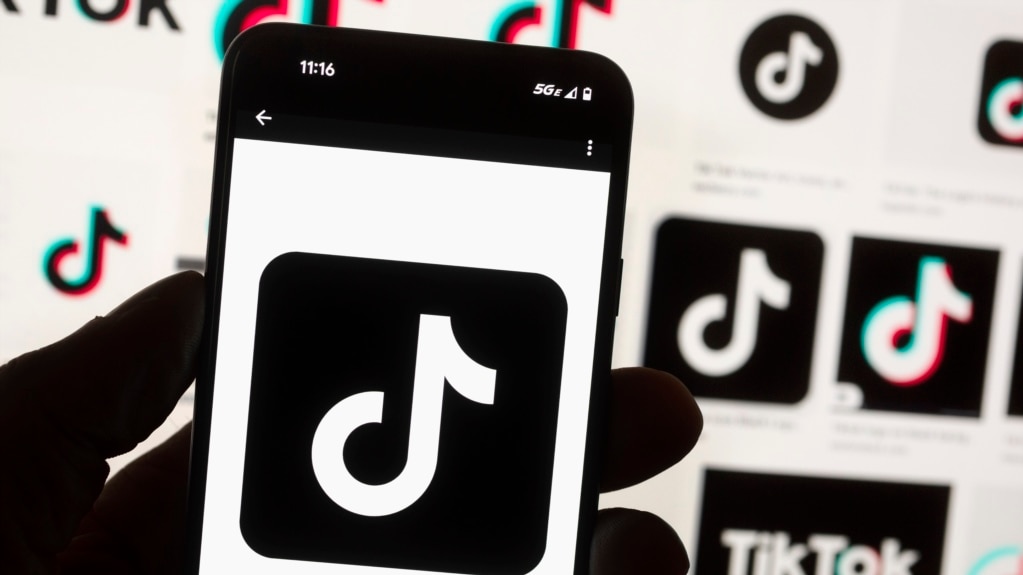Political support appears to be growing in the United States for a complete ban on the popular video sharing service TikTok.
If such a ban does happen, it could force many TikTok influencers to seek out new ways to publicize their material. An influencer is a person who has a large following on social media and aims to popularize products.
Several nations, including the United States, moved in recent months to ban TikTok on official government devices. The governments said they acted because of national security concerns.
U.S. government officials have warned TikTok’s owner, Chinese company ByteDance, could be sharing user data with China’s government. Critics say China could also use TikTok to spread misinformation and that media on the service can harm the mental health of young users.
TikTok has more than 150 million users in the United States and is especially popular with teenagers and young adults. The service, or app, uses machine learning methods to predict what videos users will want to see based on their past choices.
TikTok’s chief executive, Shou Zi Chew, recently testified at a congressional hearing about the government’s concerns with TikTok. Chew denied ByteDance shares data with the Chinese government. He noted TikTok had launched a new effort to protect data on American users. He said TikTok plans to store the information on server computers operated by technology company Oracle in the U.S.
Cassidy Jacobson is a 19-year-old TikTok influencer who currently has more than 1.5 million followers. She published her first video on TikTok when she was 13 years old. It showed her dancing. She keeps her fans interested with her love of dance and hair care.
Jacobson is preparing for the possibility that she may have to take her videos to another service if TikTok is banned in the U.S. She spoke to Reuters news agency about her thoughts on current political pressure to ban the app.
“TikTok is kind of rocky right now and the goal of a content creator is to grow yourself across platforms to have a solid community,” Jacobson said. “You don’t just want to focus on one app.”
Jacobson said she is already thinking about ways to diversify her material. For now, she is making sure she expands her video offerings on services like YouTube, Facebook and Instagram.
Jacobson said she would favor measures to make technology companies responsible for their actions over a complete ban of services like TikTok. “There needs to be protection for users on apps, I think the only way is for the government holding…companies accountable, whether they’re U.S.-based or they’re based in China,” she said.
Transgender TikTok creator NaomiHearts has developed a following by sharing her personal story and publishing content that urges people to be true to themselves. NaomiHearts told Reuters she is not sure about moving to other services since TikTok has given her many chances she was not able to find anywhere else.
“As a trans person in this world, they (society) don’t really care about us, so to be able to make six figures a year because of TikTok, and brands reaching out to me because of that app, it’s wild,” NaomiHearts said.
TikTok supporters say the app provides benefits beyond its popularity and fans. They believe the service provides influencers with money and establishes a sense of community and new paths to social change.
Some experts have urged U.S. officials to take less direct steps against TikTok. Freedom House Research Director for Technology and Democracy Allie Funk told Reuters there are less severe measures the government could take.
Funk called on the U.S. Congress to pass a strong privacy law and increase requirements for companies “to be more transparent about their operations and practices.”
I’m Bryan Lynn.

